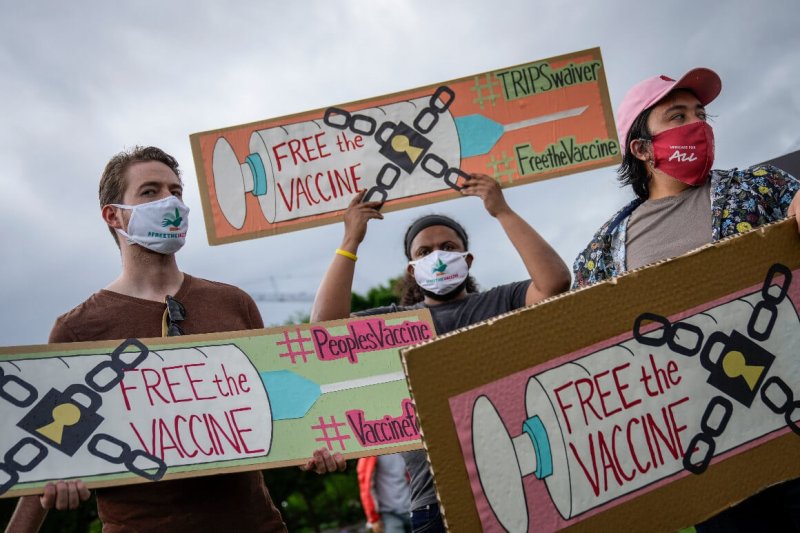US Trade Representative Katherine Tai announced the US would support a petition filed last October at the World Trade Organization (WTO) by India and South Africa that would suspend intellectual property (IP) protections for COVID-19 vaccines to allow generic manufacturers to produce vaccine doses.
…
But while the decision won plaudits among those skeptical of IP rights in particular, the TRIPS waiver mostly won’t do what they say it will, and will do what they say it won’t.
…
Specifically, the main drivers of vaccine unavailability in the developing world are not patents but the absence of deep freezer or refrigerator capacity, transportation, and other supply chain logistical issues. For instance, Moderna has already agreed to forgo patent protection for its vaccine, but no generic manufacturer has yet produced it, and India hasn’t even yet approved the Pfizer vaccine.
Instead of supplying additional vaccine doses or providing desperately needed equipment to house and transport them, the Biden administration chose to undermine IP and provide false hope to the suffering. Perhaps for this reason, The Wall Street Journal Editorial Board labeled the Biden move “the single worst presidential economic decision since Nixon’s wage-and-price controls.” The Journal may not be wrong.































